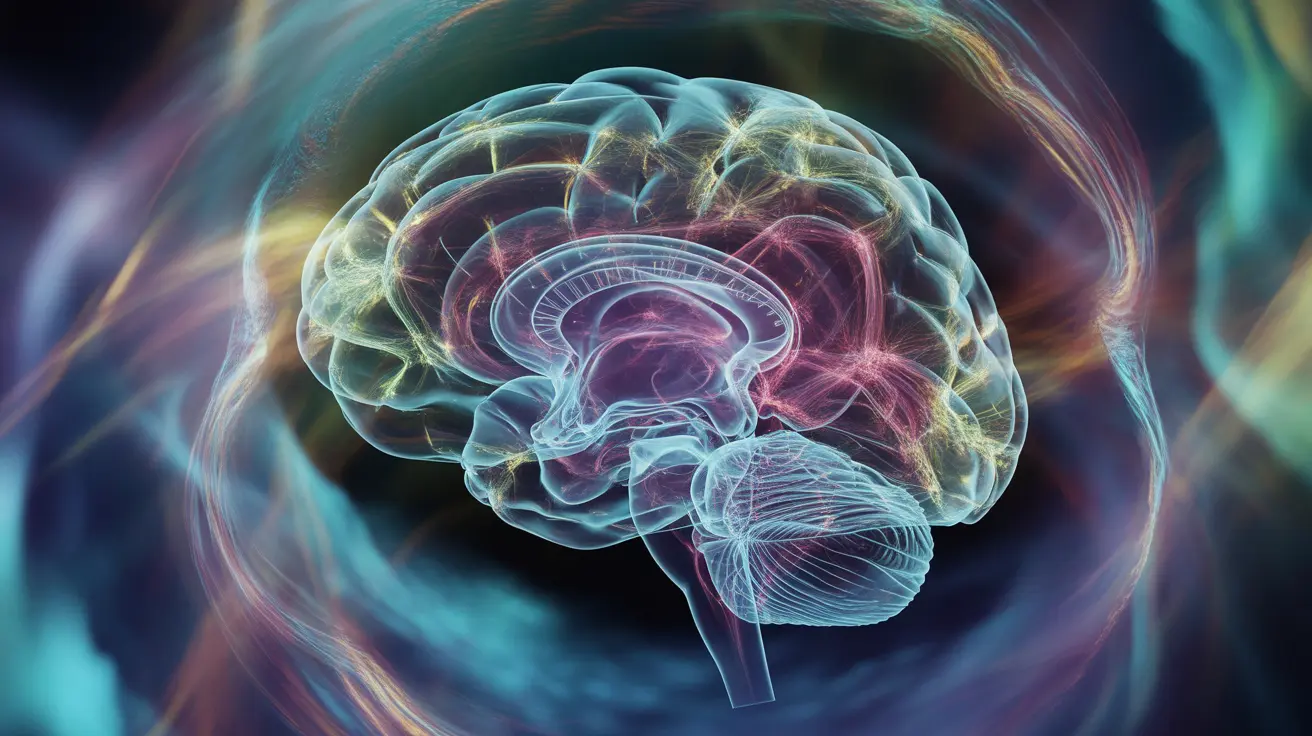The fascinating process of rewiring your brain, known scientifically as neuroplasticity, offers a powerful path to transforming habits and behaviors. Understanding how to harness this natural ability can lead to meaningful, lasting changes in your life, from breaking unwanted habits to establishing healthy new ones.
In this comprehensive guide, we'll explore evidence-based techniques for rewiring your brain, the science behind habit formation, and practical strategies you can implement today to create positive, lasting change.
Understanding Neuroplasticity and Brain Rewiring
Your brain is remarkably adaptable, constantly forming new neural pathways based on your experiences, thoughts, and actions. This plasticity means you can actively participate in reshaping your brain's structure through conscious effort and consistent practice.
When you repeatedly engage in specific thoughts or behaviors, you strengthen the neural pathways associated with them. Conversely, when you stop reinforcing certain patterns, these pathways gradually weaken, making it easier to establish new, healthier habits.
Key Strategies for Successful Brain Rewiring
Mindful Awareness and Intention Setting
The first step in rewiring your brain is developing awareness of your current patterns. Start by identifying specific habits you want to change and setting clear, achievable intentions for new behaviors. This conscious awareness helps activate the brain's capacity for change.
Consistent Practice and Repetition
Creating new neural pathways requires consistent practice. Research suggests that while the traditional "21 days to form a habit" isn't entirely accurate, regular repetition over 60-90 days can help establish strong neural connections that support lasting change.
The Role of Environment in Brain Rewiring
Your environment plays a crucial role in supporting or hindering brain rewiring efforts. Consider these essential factors:
- Create physical spaces that support your desired changes
- Remove triggers that reinforce unwanted habits
- Surround yourself with people who encourage your growth
- Design systems that make positive behaviors easier to maintain
Tracking Progress and Maintaining Motivation
Documenting your journey through journaling or habit tracking apps helps reinforce new neural pathways by:
- Increasing self-awareness
- Providing concrete evidence of progress
- Creating accountability
- Identifying patterns and triggers
- Celebrating small wins
The Power of Positive Reinforcement
Positive feedback and self-encouragement accelerate the brain rewiring process. When you acknowledge and celebrate small victories, your brain releases dopamine, strengthening new neural pathways and making it easier to maintain positive changes.
Frequently Asked Questions
How can I use self-directed neuroplasticity to rewire my brain and change my habits for good?
Focus on conscious awareness of your habits, set clear intentions for change, and practice new behaviors consistently. Combine this with positive self-talk and regular reflection to strengthen new neural pathways and weaken unwanted patterns.
What are the most effective techniques for building lasting, positive habits through brain rewiring?
The most effective techniques include consistent practice, environmental optimization, mindful awareness, positive reinforcement, and tracking progress. Start small, build gradually, and maintain consistency in your chosen behaviors.
Why is journaling and reflecting on my actions important for creating lasting change in my brain and habits?
Journaling enhances self-awareness, helps identify patterns and triggers, provides accountability, and creates a record of progress. This reflection strengthens neural pathways associated with new habits and helps maintain motivation.
How long does it take for new habits to become automatic through rewiring your brain?
While individual experiences vary, research suggests it typically takes 60-90 days of consistent practice for new habits to become automatic. Complex habits may require more time, while simpler changes might become automatic sooner.
What role do mindfulness and positive feedback play in helping my brain adopt and maintain new healthy behaviors?
Mindfulness increases awareness of current patterns and helps maintain focus on desired changes. Positive feedback, including self-encouragement and celebrating progress, releases dopamine, which reinforces new neural pathways and supports long-term habit formation.




